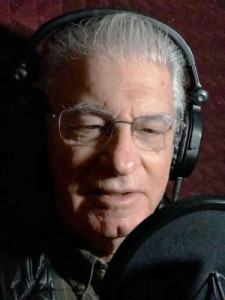FDR Dewey And The Election Of 1944
Description
Vocal Characteristics
Language
EnglishVoice Age
Middle Aged (35-54)Accents
North American (General) North American (US General American - GenAM)Transcript
Note: Transcripts are generated using speech recognition software and may contain errors.
according to Gallup, shortly before the election, it looked almost like a toss up, with the result depending on how several key states rated 50 50 by the pollsters broke on Election Day. If they went one way, Roosevelt would win his fourth term. If they edged into the other camp as Gallop thought they would, Thomas E. Dewey could become president. As to Roosevelt's health, it can safely be said that Dr Howard Ruin Admiral Ross McIntyre and several physicians with whom they consulted were aware that the president had a very serious heart condition. No one else really new. And McIntyre, Roosevelt's personal physician, kept the rest of the country as much in the dark as possible with his misleading announcements to the press and public. There were whispers, of course. The frustrated Republicans were always circulating rumors about FDR and his family. He was dying of cancer. He was really Jewish. He'd undergone a secret operation. His wife was organizing black maids to rise up against their employers. And so on. Roosevelt's day long drive through the streets of New York in a downpour on October 21st 1944 effectively put an end to the health whispers for that election. Of course, the fact that Roosevelt died on April 12th 1945 on the 83rd day of his fourth term, seems to validate the theory that everyone knew he was dying. On the contrary, such history by hindsight should be guarded against because it does not accord with what really took place. Lots of people, mostly Washington insiders, had suspicions, but no one knew, and it appears that very few voters made their decision on the presidency. Thinking that the incumbent was dying. They thought he looked tired after handling the war effort for three grueling years. The biggest issue in the campaign was who was better suited to bring the war to a conclusion and handle the issues of peace thereafter. And the widely discussed choice was between Dewey and Roosevelt, not between Dewey and Harry Truman, the Democratic vice presidential candidate and putative successor to a dying man.
